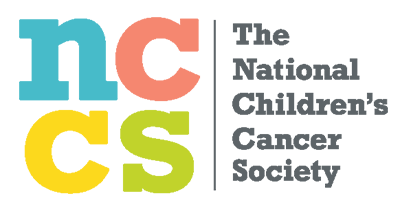Even though the transition from a pediatric healthcare setting to an adult setting can be a stressful process there are ways to help childhood cancer survivors adapt to the new healthcare system in a positive way.
 It’s important for adolescents and young adults to become more independent and make more decisions about their health care. However, this transition can cause some challenges which include:
It’s important for adolescents and young adults to become more independent and make more decisions about their health care. However, this transition can cause some challenges which include:
- Difficulty developing trust in a new physician and medical staff
- Adult systems may seem abrupt and less caring
- Not used to taking control of their own healthcare
- Unfamiliar with new hospital and surroundings
- May feel abandoned by pediatrician or pediatric oncology care team
Some factors that have been recognized as obstacles to a proper transition of care include: inadequate planning, poor service coordination, lack of resources and gaps in education and training. These challenges contribute to potentially serious consequences which can affect the overall future health of the childhood cancer survivor.
Some ways to be proactive in helping achieve a successful transition to adult care include:
- Ask your treatment facility if they have a plan or program that addresses the process of transitioning to adult care. This plan should be developed with the adolescents and family members and should be updated in subsequent visits. It is important to document the steps needed, the coordination between pediatric specialties and adult specialties, as well as identify adult care resources to ensure a positive transition.
- Complete a Late Effects After Treatment Tool (LEATT) profile. This profile will help create a personalized up-to-date medical summary, and potential late effects and provide you with questions to ask your medical team.
- Visit and refer your medical team to the Transition Youth Services or Got Transition program from The National Health Care Transition Center. These are both good sources of information to help young adults successfully transfer from pediatric to adult care.
Transitioning from a doctor who treats children to a doctor who treats adults is a big step. Similar to going to college, getting a job, or going to live on your own, transitioning to adult care takes independence, self-advocacy and preparation. Make sure all the key players are involved in the process of transitioning.
Twenty-one year old Ellen, who was diagnosed with Hodgkin’s Lymphoma in 2019 offered this advice; “One major difference I noticed was literally in the setting. The hospitals are vastly different and it can be shocking at first. My advice on dealing with the initial shock of the transition is to just try your best to carry on however you have before. Although the “adult” hospital was scary for me at the time, I chose to try my best to still be positive, laugh, and joke around with my parents while I was there. I found that staying positive, at least trying to, makes the transition a little easier.”
Ellen shared that her parents helped with her transition by helping her set up appointments while she was in treatment and then guiding her afterward on how to make appointments on her own. They also offered for her to decide whether or not she would like their help or company during appointments. Ellen stated, “I’ve found that having this space, while still knowing I have them as a safety net, has made my transition much easier. It has aided in me regaining my independence since cancer.”

